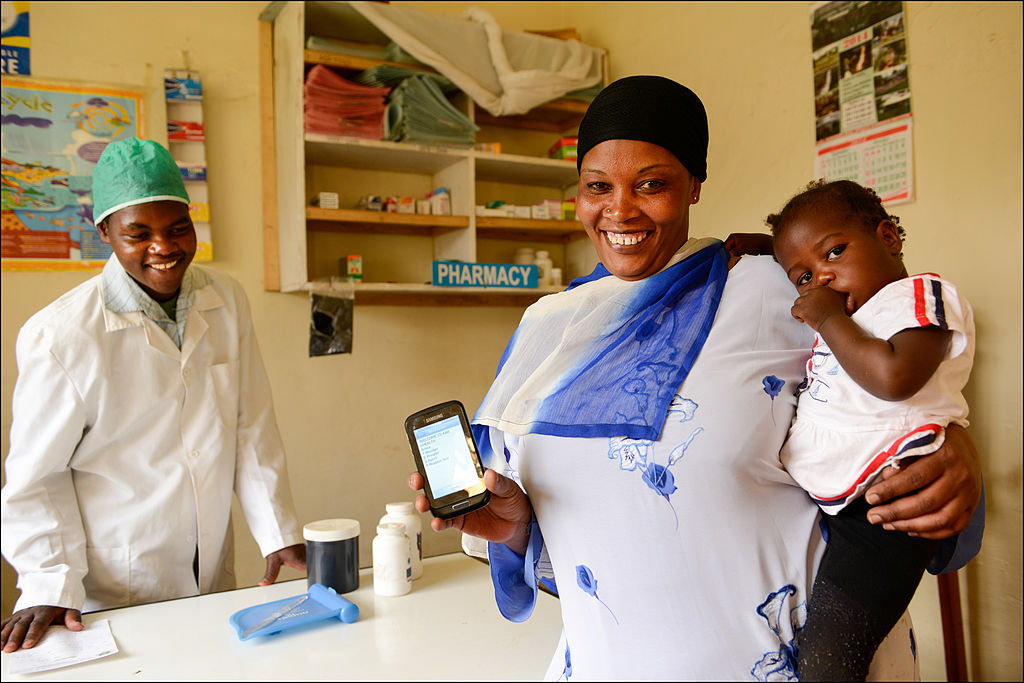According to the first regional forum in Africa on strengthening health systems for universal health coverage and achieving the SDGs, which was held in Namibia this month (12-13 December), Africa has only three per cent of the global health workforce despite bearing 24 per cent of the global disease burden.
Matshidiso Moeti, director of WHO Regional Office for Africa, told the more than 240 participants that despite increased domestic funding for health in many African countries, health services remain grossly underfunded, struggling to provide even basic services to many, especially the poorest and marginalised people.
“Robust policy dialogue and participatory planning for health are imperative to fully implement the SDGs.” - Matshidiso Moeti, WHO Regional Office for Africa
“Many facilities deliver substandard services due to technical and managerial capacity gaps and inefficiencies, and lack the critical resources that are the core foundations for health systems,” says Moeti, adding that inequities in the distribution of health workers and lack of access to safe and affordable essential medicines and good quality technologies remain challenges.
Moeti calls for intensified data collection, monitoring and research on health programme performance and results as necessary for bettering the situation.
“This implies considerable investment in data and information systems in countries. Modern e-health and mHealth technologies should be used for all aspects of health systems strengthening [and] we should scale up their use in our region,” she says.
The forum was organised by the WHO Regional Office for Africa and the Government of Namibia.
According to Moeti, African governments need high-level political commitments with a clear vision of health in the SDGs: “Robust policy dialogue and participatory planning for health are imperative to fully implement the SDGs,” she adds, explaining that her organisation has launched a transformation agenda to help countries ensure universal access to essential health services to advance the implementation of the SDGs.
She explainsed that sustainable financing is crucial for health with targeted investments that maximise the allocation and efficient use of domestic resources, while effectively leveraging and progressively reducing dependence on external resources. The private sector’s contribution needs to be strategically mobilised.
Andreas Mwoombola, permanent secretary, Namibia’s Ministry of Health and Social Services, says that health is central to the SDGs because it influences achievements in other non-health or related SDGs.
“Strengthening health systems is enhancing development in various social and economic sectors,” he notes.
According to Mwoombola, health systems strengthening is indispensable for ensuring equitable access to essential and good quality health service to all those who need it.
Laura Mcleod-Katjirua, governor of Khomas region in Namibia, emphasises the need for strengthening the health systems, saying that it is an essential prerequisite to realise goals of healthy nations.
“The focus on strategic health investments and engagement of partners or donors in supporting health systems strengthening is highly appreciated,” she says.
Mcleod-Katjirua added that Namibia is working towards implementing comprehensive, good quality and affordable health services to help the country achieve universal health coverage and the SDGs.
This piece was produced by SciDev.Net’s Sub-Saharan Africa English desk. This article was originally published on SciDev.Net. Read the original article.
